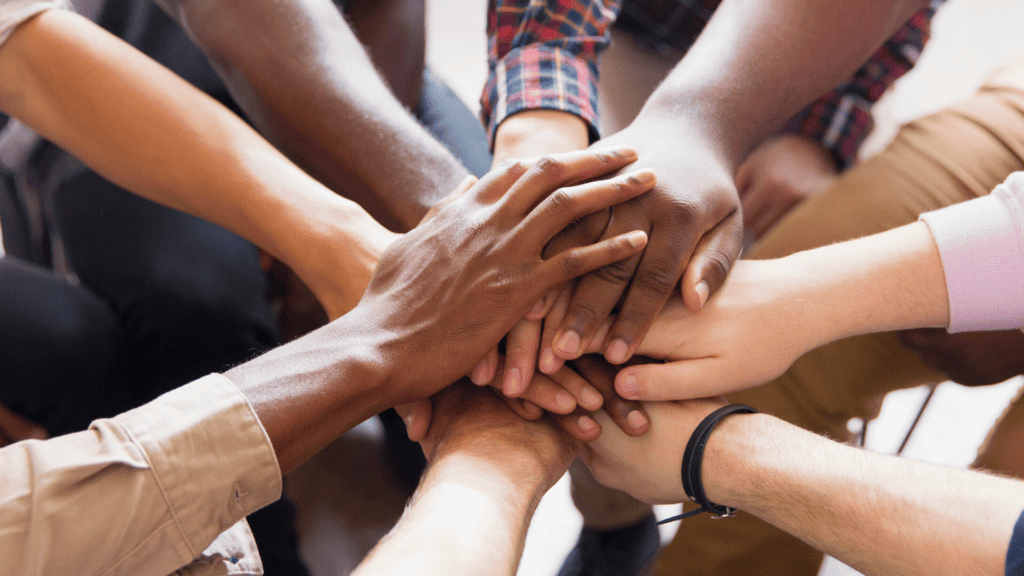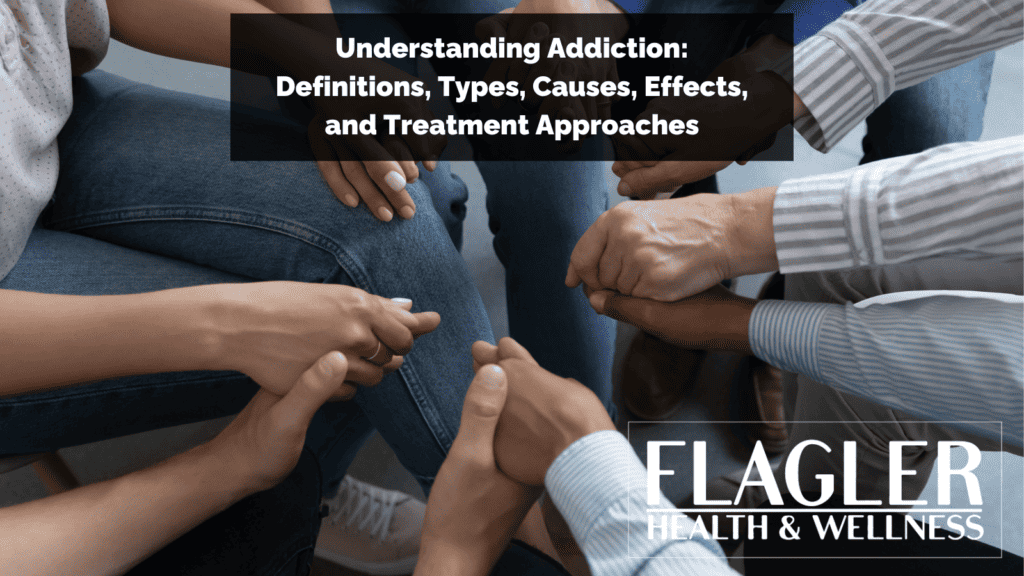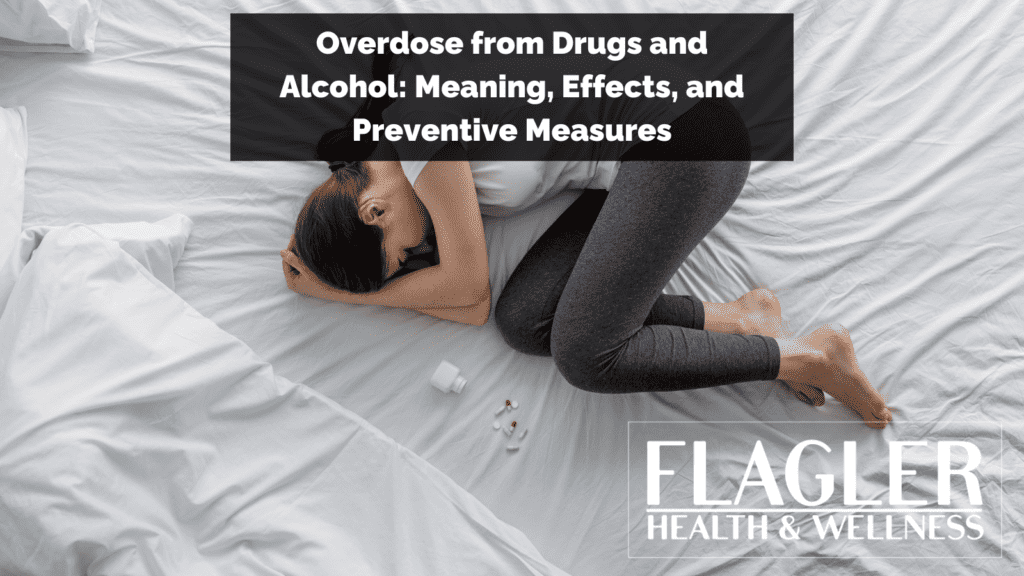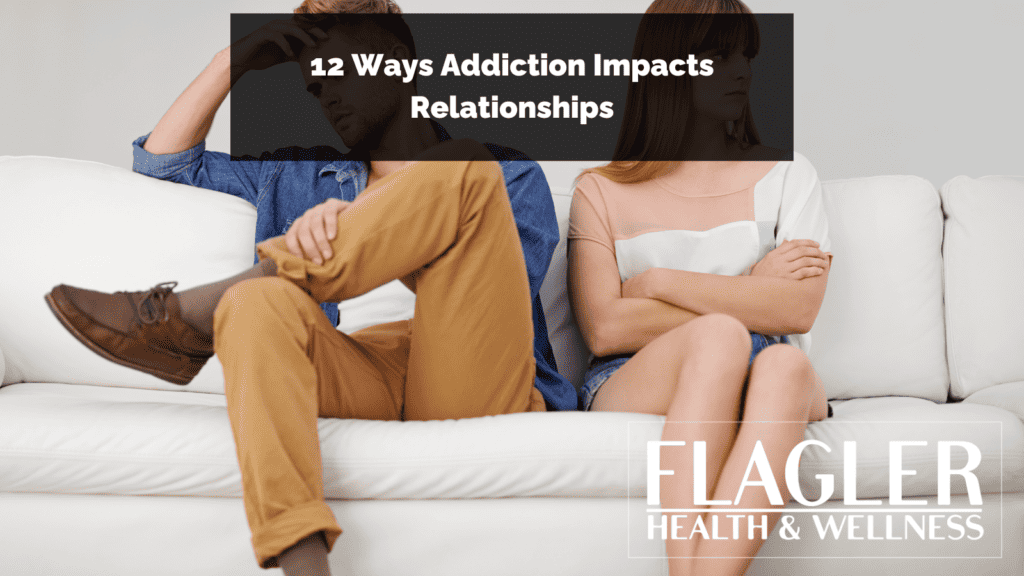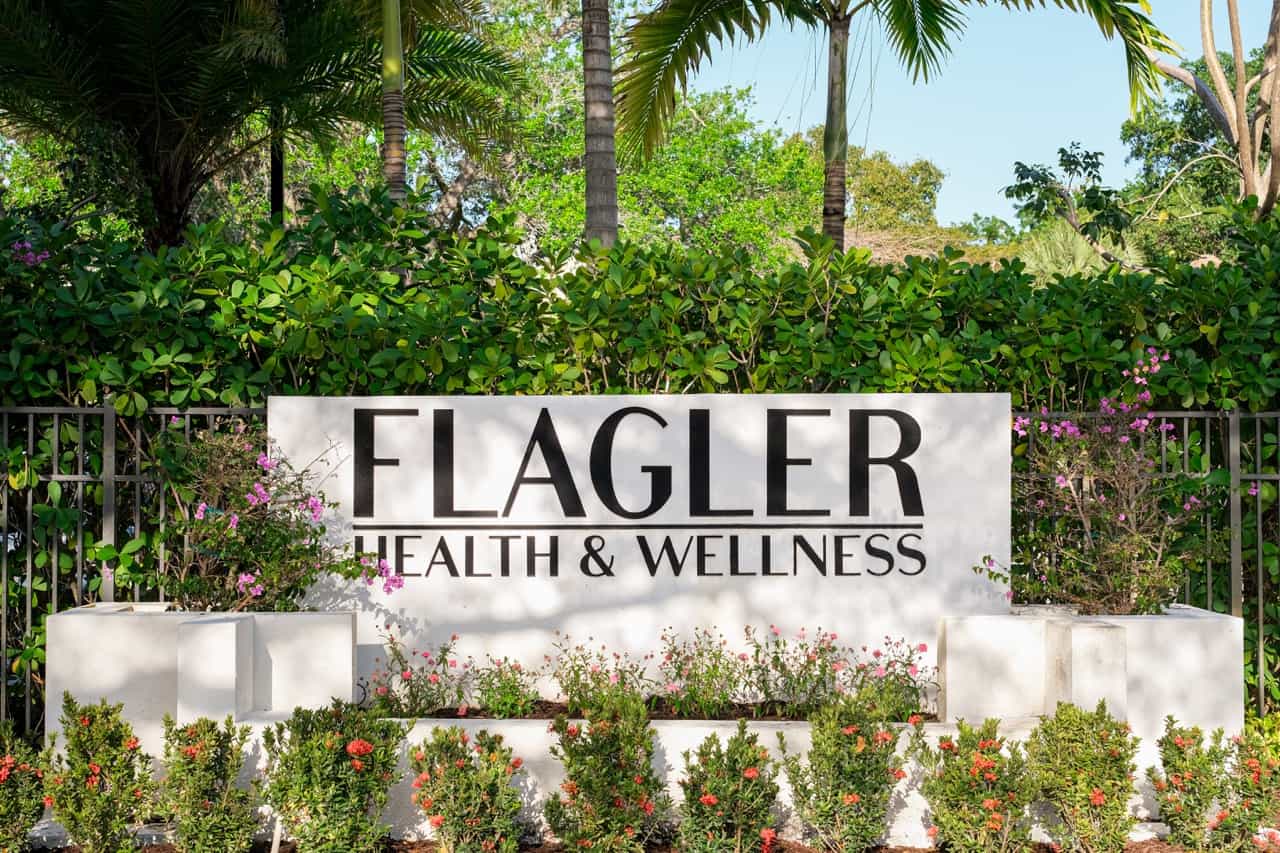It’s common for people struggling with a substance use disorder to feel isolated and detached from the world around them. These profound feelings of loneliness can drive people deeper into addiction, making the journey to get help and feel supported more of a struggle. The healing power of connection in addiction recovery cannot be emphasized enough, because connection saves lives.
In treatment programs, group therapy is a lifeline for people on their healing journey because it gives them a safe and supportive space to be seen and heard, acting as an antidote to loneliness. Human connection is perhaps one of the greatest tools we can use to combat addiction, as we will continue to explore.
Understanding The Healing Power Of Connection in Recovery
Connection has long been recognized as a fundamental human need, a need that is possibly more important than food or shelter. From birth, we seek bonding and attachment with our parents and family members, and are dependent upon this connection to physically survive. What is perhaps less recognized is that we need this connection to survive emotionally, and to thrive.
When this need is not met or is disrupted, people often resort to unhealthy coping mechanisms, such as substance abuse. When we examine the journey of addiction, disconnection is the theme that emerges time and time again.
This disconnection may stem from past traumas such as child abuse or other adverse experiences or life circumstances such as poverty, or internal struggles about self worth and identity. When connection is absent, substances provide a way to numb the pain, bringing a temporary feeling of relief. Addiction, in many ways, can be seen as a desperate attempt to fill the void left by a lack of connection.
Connection Is The Opposite Of Addiction
Johann Hari, a journalist and author, once famously said, “The opposite of addiction is not sobriety. The opposite of addiction is connection.” This profound statement sheds light on a core issue underlying many addictions. While drugs and alcohol provide a temporary escape from the pain of loneliness, they actually further isolate individuals from genuine relationships and experiences.
There is often a measure of shame involved with addiction, which can cause people to self isolate and try to hide what they’re going through. It takes courage to ask for help and connect with others, but it is that connection – with family, friends, or even peers in recovery provides the necessary support, love, and affirmation that makes long term recovery possible.
The Benefits Of Group Therapy
Group therapy offers participants a wide range of benefits, which is why it is one of the core components of every recovery plan, no matter where you are on your healing journey. Group therapy is meant to be a safe space for people to share, learn and heal.
The collective energy of a group is a powerful healing force that can help make all the difference on your healing journey. Let’s explore a few of the benefits that attending group therapy can provide:
Shared Experiences & Mutual Understanding
One of the most powerful aspects of group therapy is the shared experience among participants. Being in a space where everyone is walking a similar healing path eliminates the feeling of isolation by creating a sense of community. Group therapy offers a safe, non judgemental environment where individuals can relate to one another’s struggles, victories, and setbacks.
Collective Strength & Support
In a group setting, participants can lean on one another for support, not just the therapist. The collective strength of the group can help individuals overcome challenges that may seem insurmountable when faced alone. It is this sense of belonging and unity in the group that acts as a buffer against relapse.
Diverse Perspectives & Coping Mechanisms
Although every individual’s journey through addiction and recovery is unique, it is very beneficial to hear about the diverse experiences of your peers. Group therapy gives participants the opportunity to hear different perspectives, offering people new strategies and insights about recovery they may not have considered before.
Enhanced Accountability
Being a part of a group means that individuals are not just accountable to themselves, but also to their peers. This added layer of accountability can motivate members to stay on track with their recovery goals, knowing that their actions have a wider impact on the group as a whole.
Connection & Sobriety
Embracing connection is a transformative step in the recovery process. Not only does it counteract the isolation inherent in addiction, but it also provides a sense of purpose and belonging that many individuals may have lacked for years. By connecting with others, individuals in recovery are reminded of their inherent worth and the importance of their journey.
As many people discover, recovery isn’t just about abstaining from substances—it’s about rebuilding and rediscovering oneself, and connection plays a pivotal role in this self discovery. By forming bonds with others, individuals can rebuild trust, enhance their self-esteem, and develop a renewed sense of hope.
At Flagler, we celebrate the healing power of human connection, ensuring that everyone in our programs has all of the support they require to help light their way forward.
Share This Post

